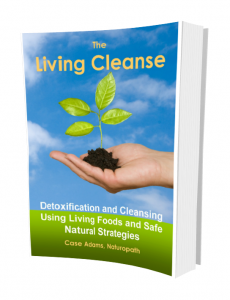Toxic Glues used in Food Plastics
Plasticizers such as Bisphenol A (BPA) get a lot of attention for their potentially harmful effects. But the glues that bind labels to the plastic and hold the plastic pieces together can also have negative health effects.
Isn’t there enough bad news about plastic to go around? Not enough, actually. Plastics are ruining our health and environment. Microplastic pieces are polluting our oceans along with our bodies.
Just consider for a moment how much plastic we are using. Just about every food is now wrapped in plastic. Even fresh foods are now often wrapped in plastic. And those that aren’t usually have a sticker glued onto them.
Plastic typically comes in sheets from plastic manufacturers. From there these sheets are glued together to create the sections that are formed around the product. What are the glues that seal these plastic sheets together. Are they healthy? Certainly not.
Research shows plastic glues are toxins
The glues used to make plastic containers for food were studied carefully in a new research published in May’s Royal Society of Chemistry’s Journal of Materials Chemistry. The study was conducted by researchers from Spain’s University of Zaragoza.
The researchers, led by Dr. Christina Nerin, examined eleven glue compounds used in acrylic adhesives. Of these eleven, four were found to seep through the packaging onto the food contained within. Of these four, one is considered highly toxic, at the level considered for mercury, asbestos and other toxins. The compound is 2,4,7,9-tetramethyldec-5-yne-4,7-diol, used in many packaging label glues.
The study found that levels of 2,4,7,9-tetramethyldec-5-yne-4,7-diol released into the food from the plastic packaging were higher than levels recommended by the International Life Sciences Institute Europe – a group that creates standards for European food safety.
If you haven’t heard of the great pacific garbage patch floating in the middle of the Pacific Ocean you are due for a shock. Many localities are now banning plastic bags.
Bisphenol can seriously alter your hormones whether your body is male or female.
What is the solution? Avoid plastics to the greatest degree possible. And support those products made with sustainable components. It is really as simple as that.
Reference:
Nerín C, Canellas E, Aznar M, Silcock P. Food Addit Contam Part A Chem Anal Control Expo Risk Assess. Analytical methods for the screening of potential volatile migrants from acrylic-base adhesives used in food-contact materials. 2009 Dec;26(12):1592-601.
















